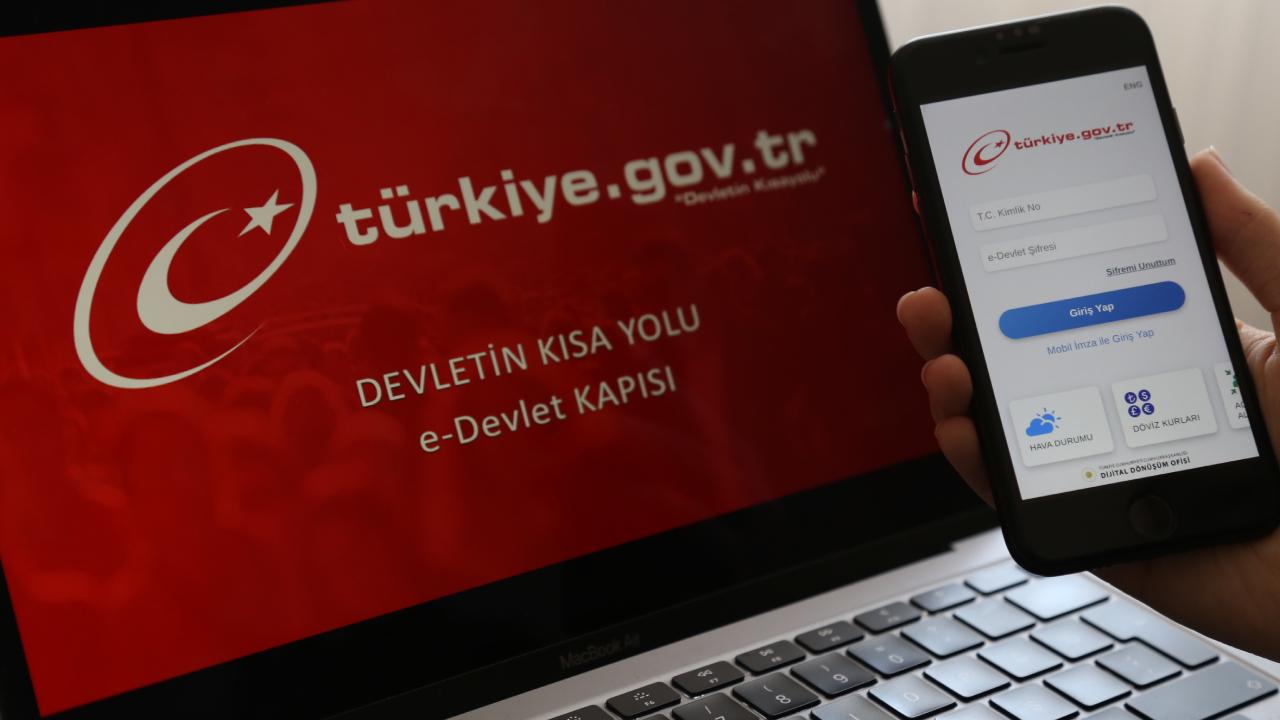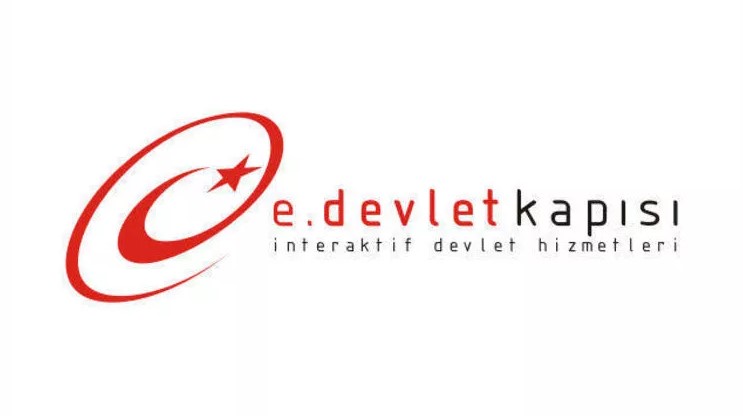Passport anonim kimlik doğrulamaya izin verir. Aynı şey için bir passport anonim stratejisi var.
app.get('/',
// Authenticate using HTTP Basic credentials, with session support disabled,
// and allow anonymous requests.
passport.authenticate(['basic', 'anonymous'], { session: false }),
function(req, res){
if (req.user) {
res.json({ username: req.user.username, email: req.user.email });
} else {
res.json({ anonymous: true });
}
});
Bu, temel stratejinizi yerinde kullanır, yerel kimlik doğrulama kullanıyorsanız, bunu yerel bir stratejiyle değiştirebilirsiniz. Burada görülebileceği gibi, hiçbir şeyin sağlanmaması durumunda anonim bir stratejiye geri döner.
passport.use(new BasicStrategy({
},
function(username, password, done) {
// asynchronous verification, for effect...
process.nextTick(function () {
// Find the user by username. If there is no user with the given
// username, or the password is not correct, set the user to `false` to
// indicate failure. Otherwise, return the authenticated `user`.
findByUsername(username, function(err, user) {
if (err) { return done(err); }
if (!user) { return done(null, false); }
if (user.password != password) { return done(null, false); }
return done(null, user);
})
});
}
));
// Use the BasicStrategy within Passport.
// This is used as a fallback in requests that prefer authentication, but
// support unauthenticated clients.
passport.use(new AnonymousStrategy());












